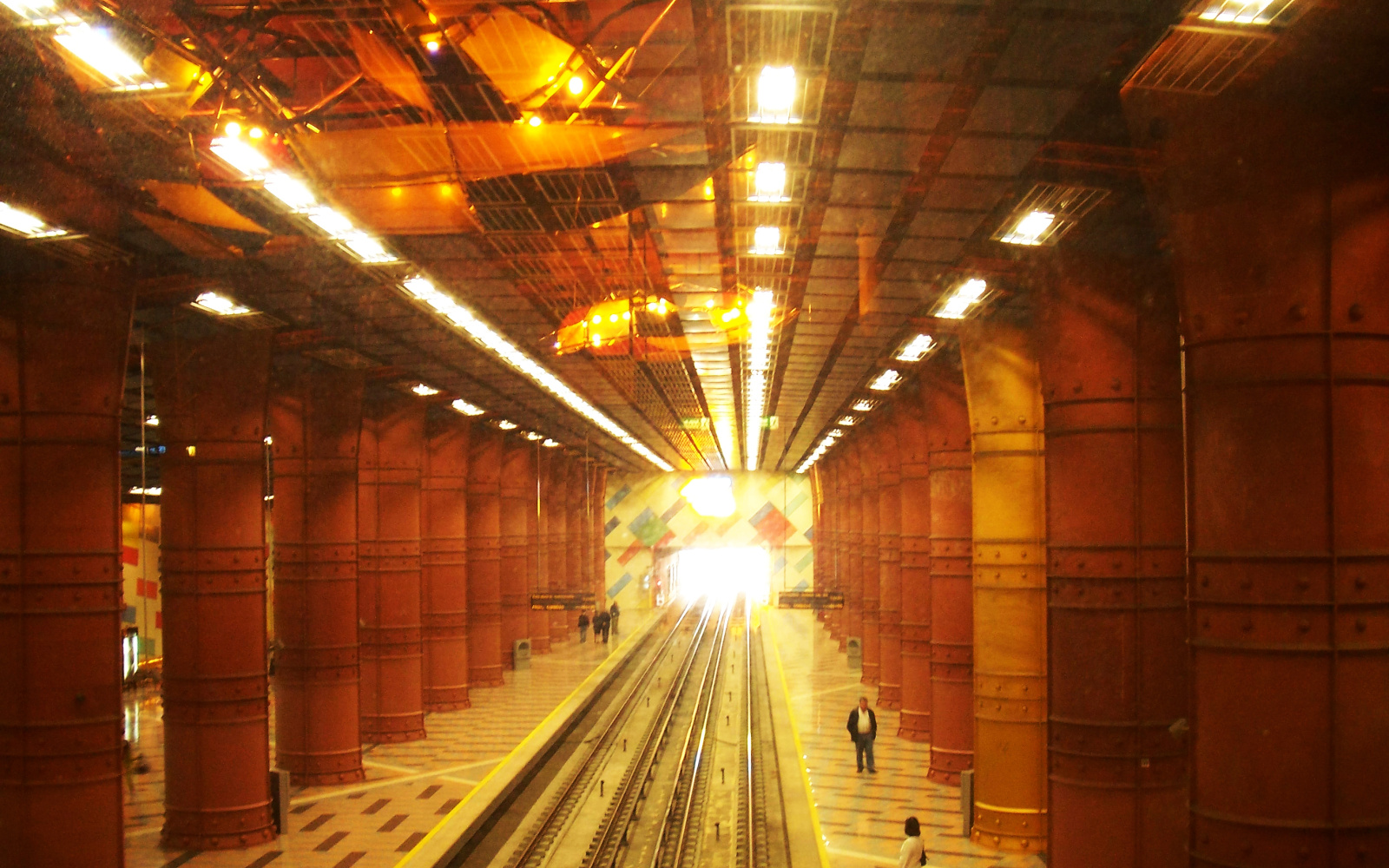Vasil Penchev
The Cinematographic Method of Thought in Bergson
Henri Bergson (1907) utilized a metaphor borrowed from cinematograph to represent the usual way of human thought about motion and evolution in comparison with his original approach to them grounded on his concept of time as »durée« (duration). The analogy consists in restoring the motion from a series of immovable pictures (frames) only as a subjective illusion. On the contrary, »durée« is that understanding of time, in which motion and evolution are primarily given rather than secondarily and as an auxiliary or even illusion by a series of static states. In the latter case, static underlies kinematic reducing it only to many static states therefore canceling the creative essence of motion and evolution according to Bergson.
Bergson’s views influenced essentially Luis de Broglie (1925), who offered in his thesis (1924) the wave interpretation of any particle and its motion in quantum mechanics. His work received the Nobel Prize in Physics (1929) “for his discovery of the wave nature of electrons”. The wave-particle duality continues to be one of the most fundamental principles in quantum mechanics nowadays.
The cinematograph embodied and thus made visible and obvious the fundamental way of human thought of motion therefore allows of reflecting it and generalizing it in Bergson’s philosophy and quantum mechanics.
Dr. Vasil Dinev Penchev is associated professor at the Bulgarian Academy of Sciences at the Institute for the Study of Societies and Knowledge. Among his most important publications are the volumes »Physical Paradoxes in a Philosophical Interpretation« (1997) and »Furious Philosophy« (2007).
